The Controversy Surrounding Argentina's Celebration
In a striking move, Argentina's President Javier Milei removed the country's deputy sports minister, Julio Garro, following a controversial request directed at national soccer hero Lionel Messi. Garro had publicly called for Messi to apologize for what he described as racist and homophobic chants that took place during Argentina's Copa América victory celebrations. These chants had historical rooting from the World Cup in 2022 and were seen as targeting French players of African descent, such as Kylian Mbappé.
The incident unfolded when Enzo Fernández, a prominent midfielder, shared a video on Instagram Live, which clearly showcased some of the celebratory chants sung by players during the team bus ride. This video quickly ignited a storm, not just with fans, but also with institutions such as Chelsea FC, Fernández’s club, which decided to embark on a disciplinary response. Meanwhile, this incident has pushed the French Football Federation (FFF) to file a formal complaint with FIFA over the offensive behavior.
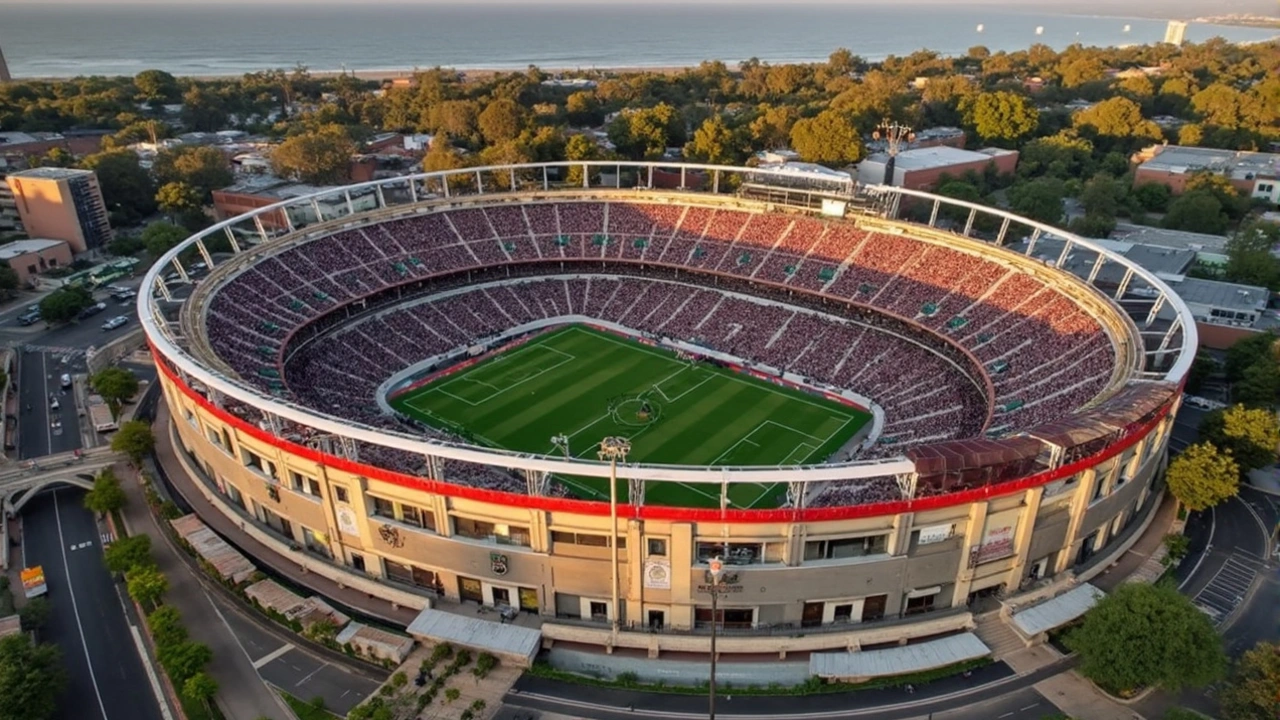
Responses and Ramifications
President Milei's decision to sack Garro was immediate, announced just hours after Garro's comments on a radio show. Milei made it clear that the Argentine government should not interfere in the affairs of the national team, championing the freedom of athletes and citizens to express themselves. His message was quite unequivocal as he stated online: 'The government should not control what the soccer team or anyone else in Argentina says or does.'
This unfolding drama caught international attention, with calls from prominent figures for reconciliatory actions. Hugo Lloris, the former captain of France's national team, suggested that these incidents should serve as learning moments, emphasizing a need for professional athletes to handle victories more responsibly. Even as Messi led his team to a staggering fourth consecutive major tournament triumph, the celebration remains marred by this unprecedented controversy.
Amidst it all, Enzo Fernández offered an apology, likely aware of the broader backlash and potential repercussions. He admitted regret in broadcasting the content and perhaps triggering such an uproar. Yet, the episode has opened a fresh can of discussions on athlete behavior, national responsibilities, and the fine line between exuberant celebration and disrespectful conduct.

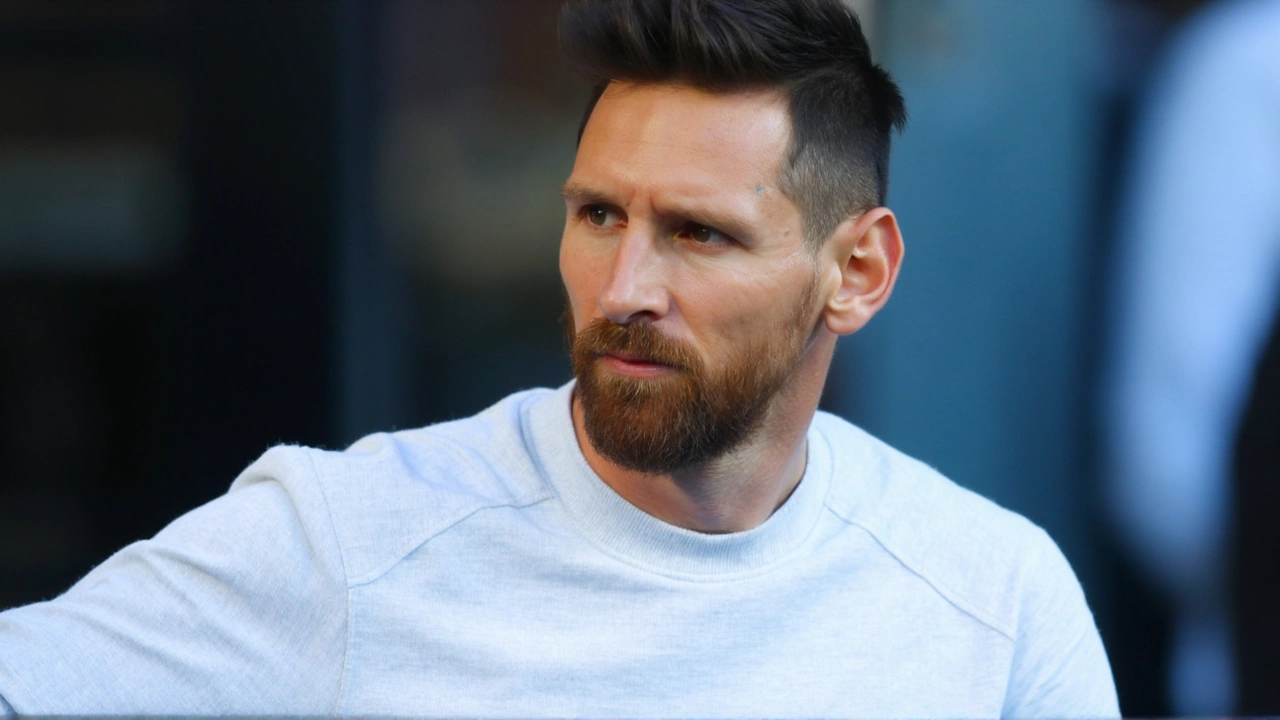
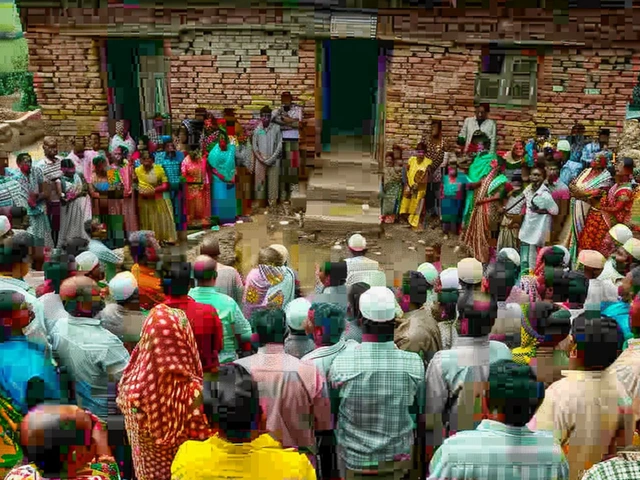
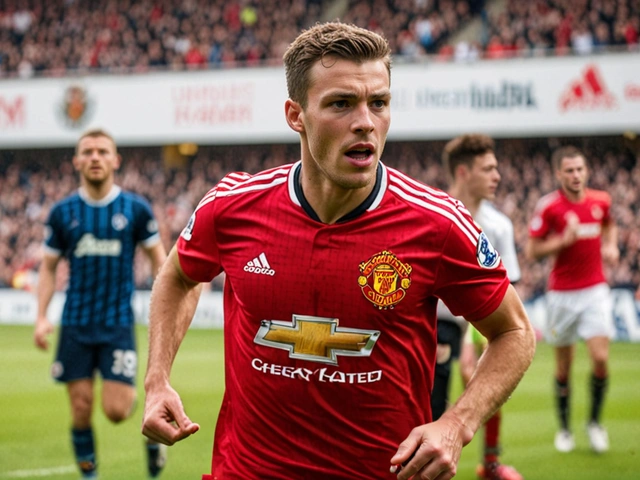
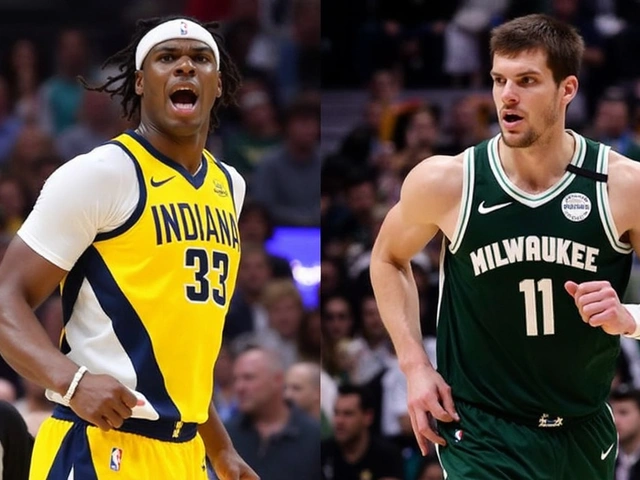
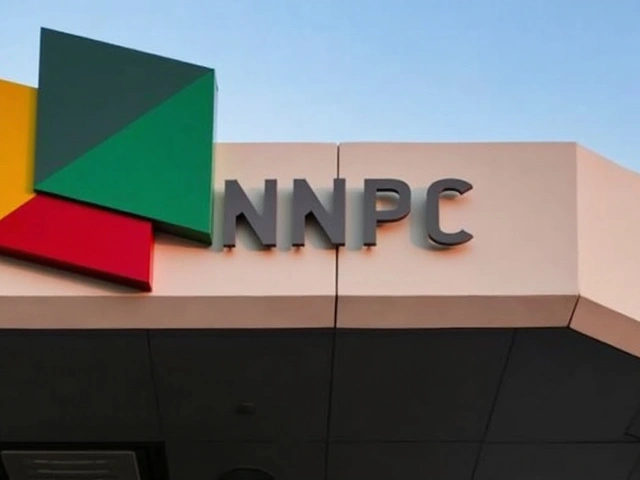
This is wild 😭 Messi carried this team on his back for YEARS and now they want him to apologize for fans being loud? 🤦♀️ Celebrate like you’ve won the damn thing!
People forget that football is emotion not politics 🤷♀️ If you can’t handle joy you’re not ready for the game
So the president fires a guy for asking a footballer to be classy... and yet we still have a guy in charge who thinks inflation is a conspiracy. Logic? What’s that?
Argentina’s passion is their superpower. You don’t tame greatness you celebrate it 🇦🇷🔥 Let them roar. The world will respect that more than silence.
Messi deserves a parade not a lecture 💪 Let the boys celebrate. They earned it. No apologies needed 🙌
You can’t control what people feel. If you feel bad for winning then you didn’t win right. Simple.
Funny how the same people screaming about 'respect' are the ones who didn’t care when France won in 2018 with their own loud chants. Double standards much?
Stop trying to police joy 🤝 Football is heart not HR policy
I heard this was all staged by the deep state to distract from the peso crisis and also Messi is secretly working with the IMF to control global sugar prices 🤫💸
This isn’t about chants. This is about power. The government is scared of real people celebrating without permission. They fear the people’s joy. And that’s why they fired him. Not because it was wrong. Because it was real.
Honestly the whole situation is a textbook case of performative wokeness meets nationalist posturing. The French federation is just using this as leverage for media attention while the Argentines are just being culturally authentic. It’s not about race it’s about narrative control. Also Messi didn’t even sing the chants lol
I think we need to separate the players from the fans here. The chants came from the crowd, not the team. Enzo sharing the video was dumb, sure. But asking Messi to apologize? That’s like asking a painter to apologize because someone used their colors to make something ugly. The art wasn’t his to control. The moment was theirs.